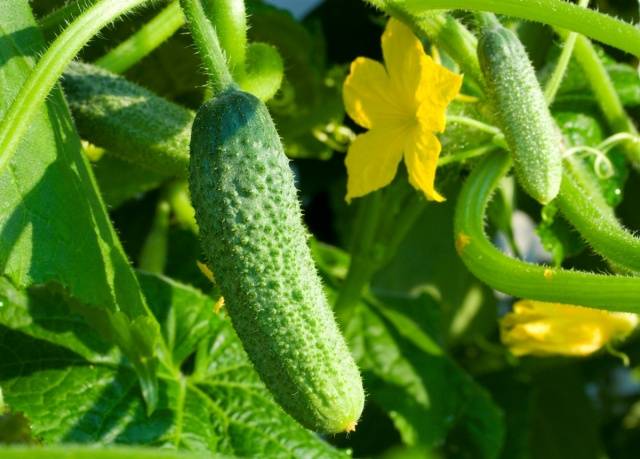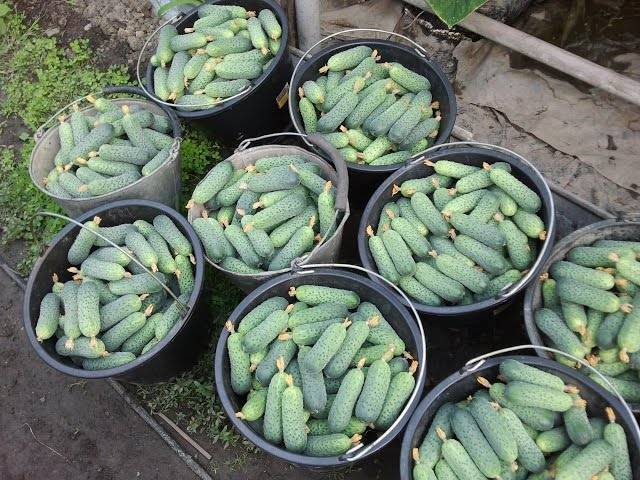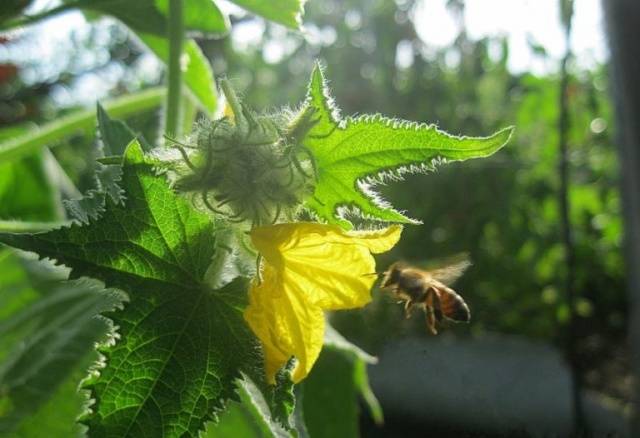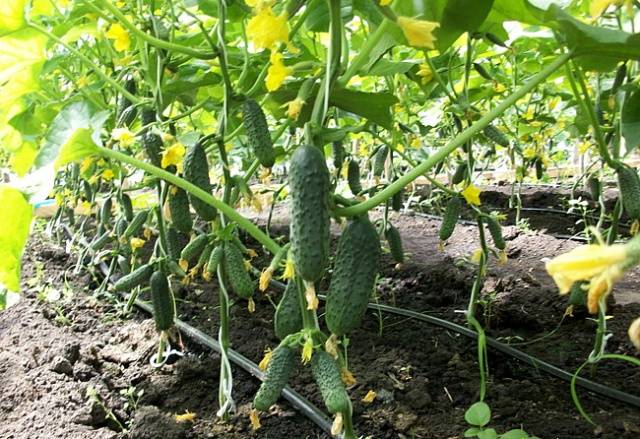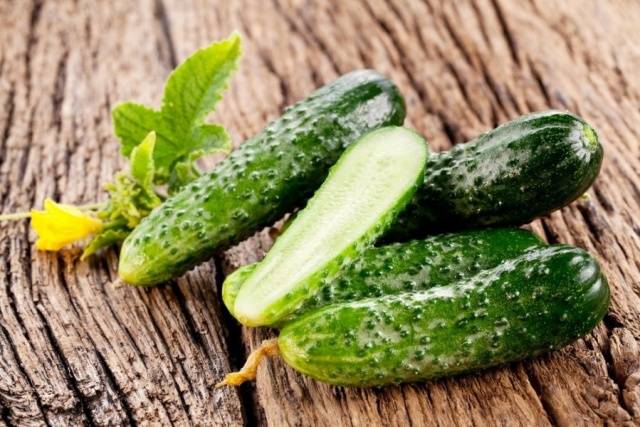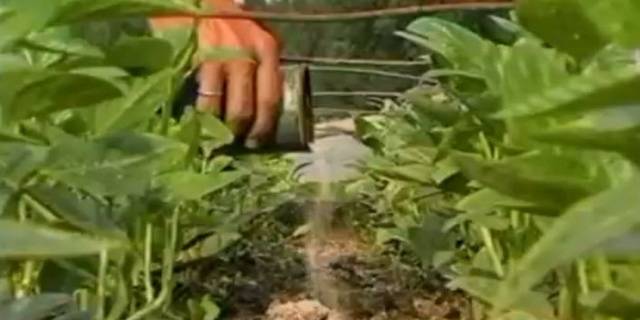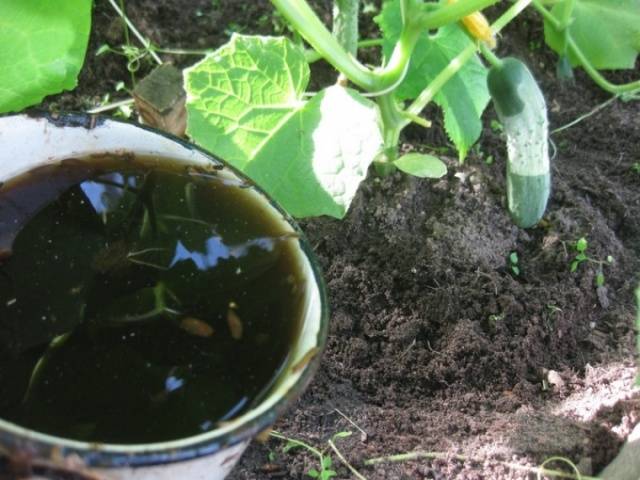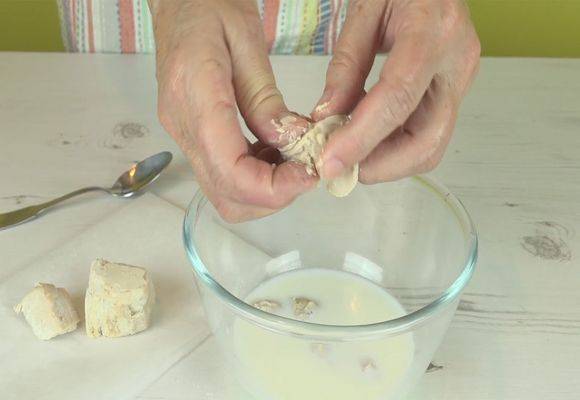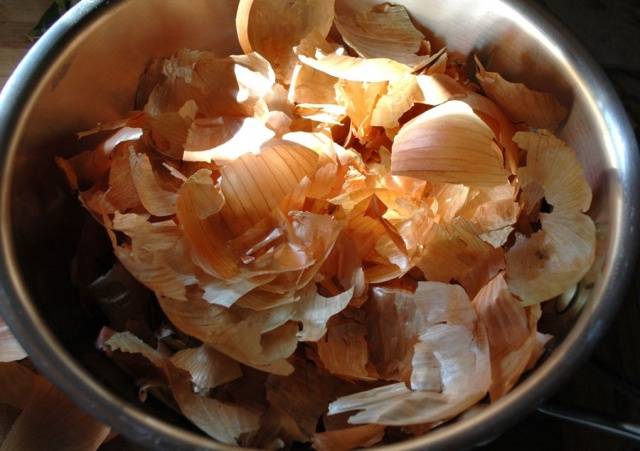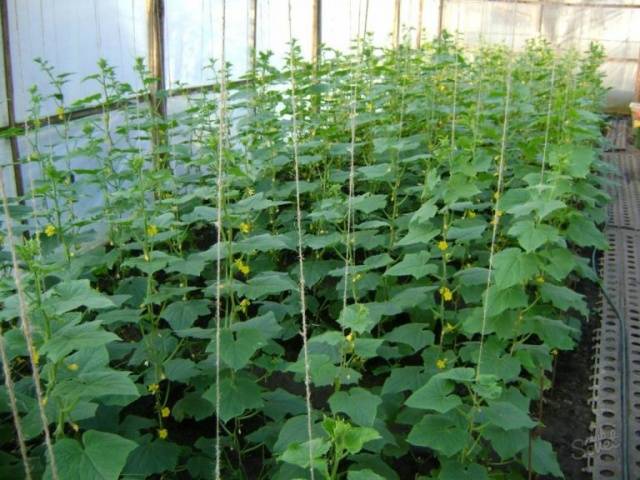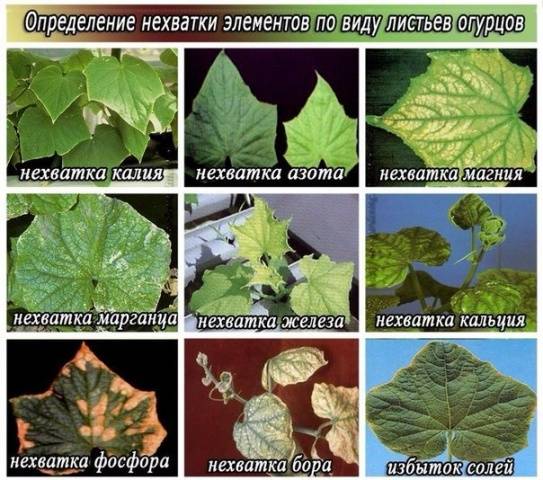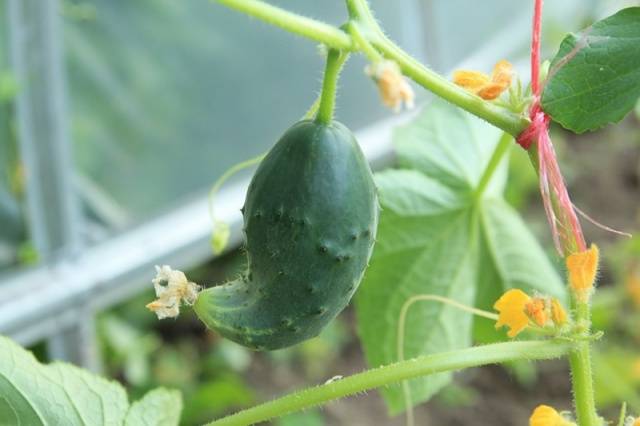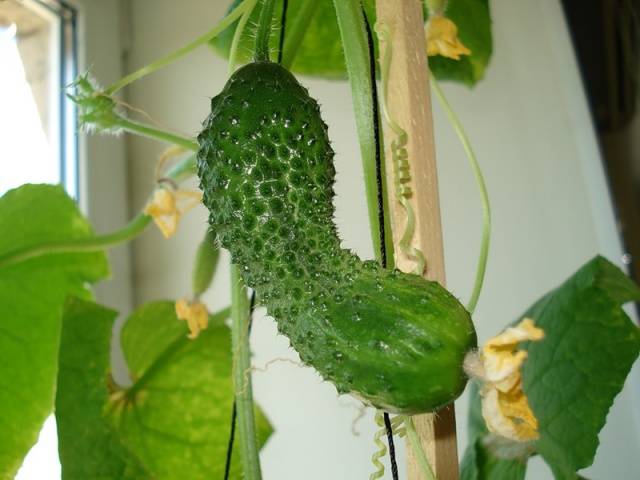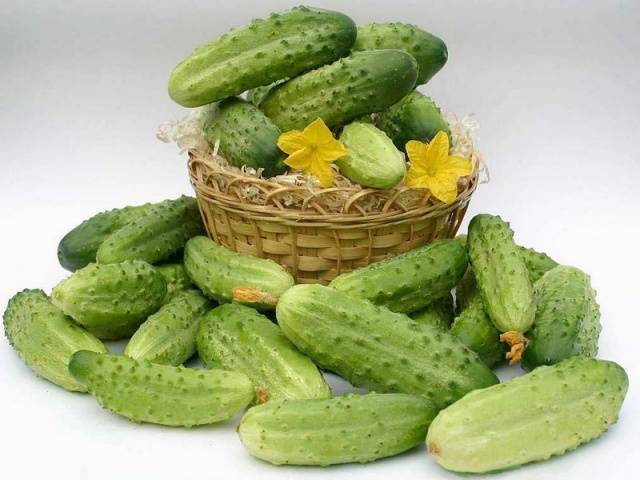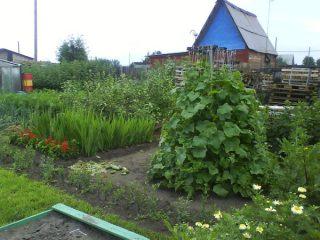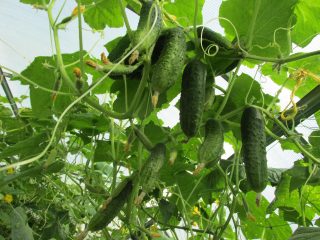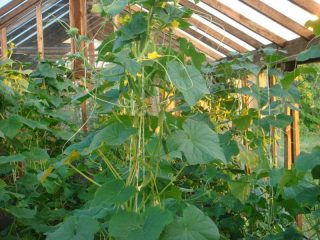Content
Cucumbers, originating from the tropics and subtropics of India, are a moisture-loving, light-loving crop. It is believed that they have been cultivated for over 6 thousand years. Cucumbers began to grow from the beginning in India and China, then in the third century AD through Afghanistan, Persia, Asia Minor, they got to Greece, and from there they dispersed to Europe. Cucumber came to our country from Byzantium, in the tenth century Suzdal and Murom became centers for their cultivation.
The cucumber is very picky about fertilizers, this is not surprising, given the pace of its growth... For one season in the open field from a square meter, you can collect about 2 kg of greenhouse, and in a polycarbonate greenhouse - up to 35. Growing cucumbers in a personal plot or in the country, we want to provide our table with environmentally friendly products, so we are increasingly thinking about what you can replace mineral fertilizers. Feeding cucumbers with folk remedies does not present any particular difficulties. We will give you several options for fertilizers, reliable and time-tested, as well as not requiring significant material costs.
What cucumbers love
Before moving on to feeding, you need to find out what conditions are necessary for cucumbers for successful life and fruiting.
Cucumbers prefer:
- Soil rich in humus with a neutral or slightly acidic reaction;
- Damp warm, not lower than 15 degrees, soil;
- Fertilization with infusion of fresh manure;
- Warm air with a temperature of 20-30 degrees;
- High humidity.
Cucumbers react negatively to:
- Poor, sour, dense soil;
- Watering with water with a temperature of less than 20 degrees;
- A sharp change in temperature;
- Transplants;
- Temperature less than 16 or more than 32 degrees;
- Loosening of the soil;
- Drafts.
At temperatures less than 20 degrees, cucumbers will slow down development, at 15-16 - they will stop. High temperatures are also not beneficial - growth stops at 32 degrees, and if it rises to 36-38, pollination will not occur. Even short-term frosts lead to the death of the plant.
Like all pumpkin crops, cucumber has a weak root system and poor regeneration. When replanting, loosening and removing weeds sucking hairs break off, and they no longer recover. It will take a long time for a new root to grow, on which sucking hairs appear. The soil should be mulched to avoid loosening, and the weeds that appear are not pulled out, but cut off at ground level.
What substances do cucumbers need
Cucumbers need a lot of fertilizer. In a short growing season, which, depending on the variety, is 90-105 days, they are capable of forming a fairly large harvest under favorable conditions. In addition, cucumbers are forced to feed long shoots and leaves, and their roots are in the arable horizon and are not able to get nutrients from the lower layers of the soil.
Essential nutrient requirements change with development. At first, nitrogen should prevail in fertilizers, at the time of the formation and development of lateral lashes, the plant absorbs a lot of phosphorus and potassium, and during active fruiting, the vegetative mass increases strongly and the cucumber again needs high doses of nitrogen fertilizing.
Potash fertilizers are especially needed - they are responsible for flowering and fruiting.If this element is not enough, you will not wait for a good harvest.
Fertilizing cucumbers with folk remedies
It is preferable to feed cucumbers with organic fertilizers than mineral fertilizers - they have a low salt tolerance, and most of the purchased preparations are salt. Plus, organic or organic food is exactly what we strive for by growing our own vegetables.
There are many popular ways to feed cucumbers without the use of chemicals. We will give you several popular recipes, and you yourself will choose the most suitable fertilizer.
Ash as fertilizer
Ash is a universal fertilizer, it is an invaluable source of potassium, phosphorus and trace elements, but contains vanishingly little nitrogen. If you do not give potash fertilizers to cucumbers, there will be no harvest. If there is not enough phosphorus in the dressing, the already weak root system will not be able to deliver either water or nutrients to the leaves and fruits.
Even when planting seeds in the hole as fertilizer, it is worth adding 1/2 cup of ash, stirring it well with the soil, watering it well. Further, cucumbers are fed with ashes in one of the following ways:
- fertilize at the root just before watering at the rate of about 2 tablespoons under the bush;
- dissolve a glass of powder with a liter of water, when feeding, spend 2 liters of fertilizer under the plant.
So cucumbers can be fertilized every 10-14 days.
Manure, bird droppings, green manure
All pumpkin crops, including cucumber, love fertilization with fresh manure, but only in the form of a liquid top dressing, its introduction under the root is unacceptable. All plants respond very well to green fertilizer - weed infusion. By introducing nitrogen, we run the risk of increasing the amount of nitrates in vegetables and fruits. This is especially dangerous for cucumbers that require high doses of this substance. Green fertilizer is wonderful in that even if we unwittingly exceed the norm, the risk of nitrate formation in the fruit is minimal.
Mullein contains all the nutrients necessary for feeding the plant, but most of all nitrogen. The main differences between bird droppings are that there is more nitrogen in it and there are no weed seeds at all.
Infusions for fertilizing cucumbers are prepared as follows: 3-4 buckets of water are taken on a bucket of manure or droppings, insisted for several days, stirring occasionally. At this time, top dressing wanders, uric acid evaporates from it - it is she who burns the roots of cucumbers or other plants. Weeds insist by placing them in barrels and pouring water over them.
After the mixture has fermented, the mullein is diluted with water 1:10, the droppings - 1:20, and the green fertilizer - 1: 5. Fertilized once every two weeks at the rate of 2 liters under the root.
Yeast
Yeast cucumbers fertilize 2-3 times a season. There are many ways to prepare such dressings. Here is one of the best:
- Yeast - 1 pack;
- Sugar - 2/3 cup;
- Water - 3 liters.
The jar with the solution is placed in a warm place and insisted for 3 days, stirring occasionally. A glass of the mixture is diluted in a bucket of water, cucumbers are fed 0.5 liters at the root, or filtered and processed on a sheet.
Onion peel
Infusion of onion peel is not so much a fertilizer as an immunostimulant and protection against pests and diseases.It contains nutrients, vitamins that tone cucumbers and quercetin, a flavonoid that has a beneficial effect on living organisms.
For these purposes, infusions and decoctions are prepared, cucumbers are sprayed or fertilized at the root. The best thing:
- pour a handful of onion husks with 1.5 liters of boiling water;
- cook for 5-7 minutes;
- leave to cool;
- top up to 5 l
and spray over the leaf.
Features of fertilization in greenhouses
In polycarbonate greenhouses cucumbers are fed in the same way as in the open field, they are simply carried out more often and in no case are they missed. Indoor ground allows you to get almost 15 times more greenery per square meter than indoor. Accordingly, there should be more fertilizers.
Signs of nutritional deficiencies
It is not uncommon for cucumbers to lack some nutrient and need to be given an increased dose outside the feeding schedule. But, before applying fertilizers, you need to determine by external signs what the vegetable needs.
Lack of nitrogen
Light small leaves signal that the cucumbers urgently need to be fed with infusion of bird droppings, manure or green fertilizer. The curved beak, narrow, light tip of the greenery also indicates a lack of nitrogen fertilizers.
Lack of potassium
A brown border (marginal burn) on the leaves is a sign lack of potassium... The spherical swollen edges of the cucumber speak about this. Need extra feeding with ash.
Phosphorus starvation
Leaves pointing up indicate a lack of phosphorus fertilizers. Cucumbers are fed with ash, and must be sprayed on the sheet.
Signs of micronutrient deficiencies
Most often, cucumbers lack magnesium. In this case, the leaves acquire a marble color. Dissolve a glass of dolomite flour in a bucket of water, fertilize the soil with the resulting "milk".
If the leaves turn yellow-green, it means that the cucumbers lack trace elements. It must be remembered that plants do not absorb them well from the soil, perhaps you simply neglected foliar feeding. Urgently fertilize the cucumbers over the leaf with an ash hood. To do this, pour a glass of powder with 5 liters of boiling water, let it brew overnight, and in the morning process it.
Conclusion
By feeding cucumbers with folk remedies, you will not only save money, but also grow environmentally friendly products. In addition, it is much more difficult to overfeed the plant with organic fertilizers.
